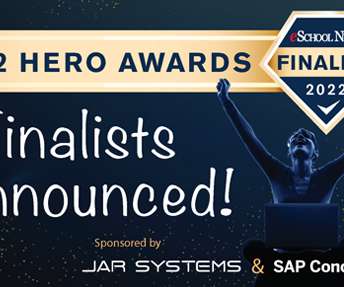This is what Google Expeditions can do in a classroom
eSchool News
FEBRUARY 12, 2017
During a virtual reality session at TCEA 2017, three educators shared their experience using Google Expeditions with students. Most students at the secondary level will have their own devices, and those who don’t can share or borrow school-owned devices. Larger device sets will likely be needed at the elementary level.



















Let's personalize your content